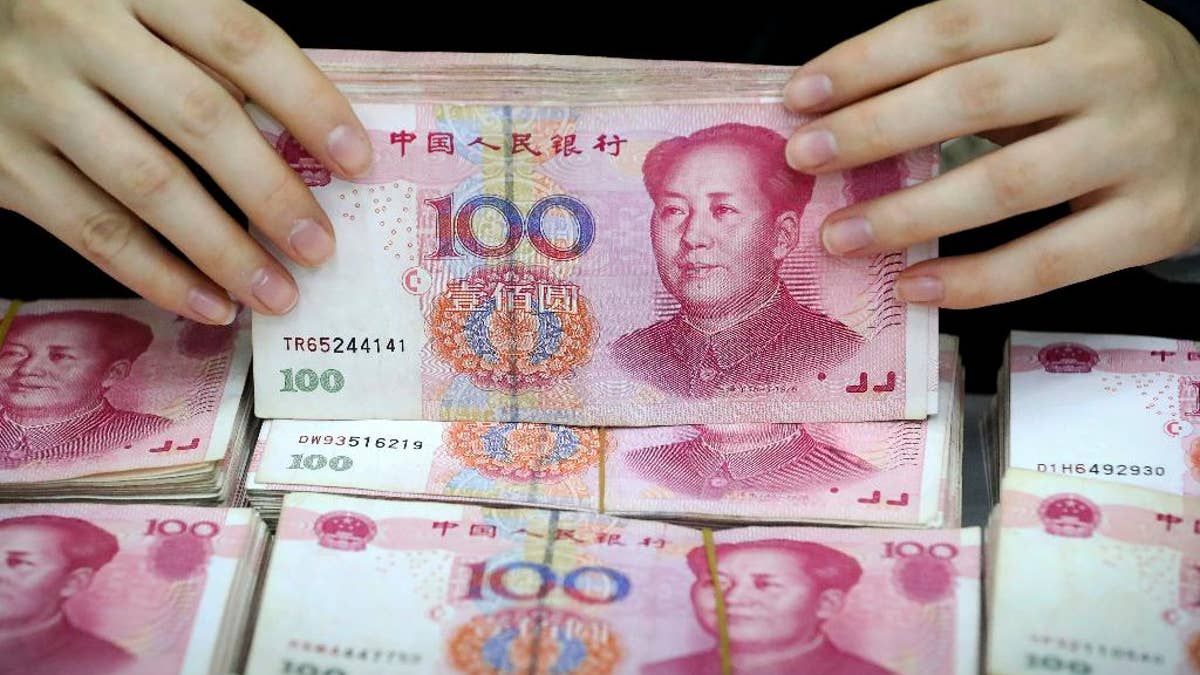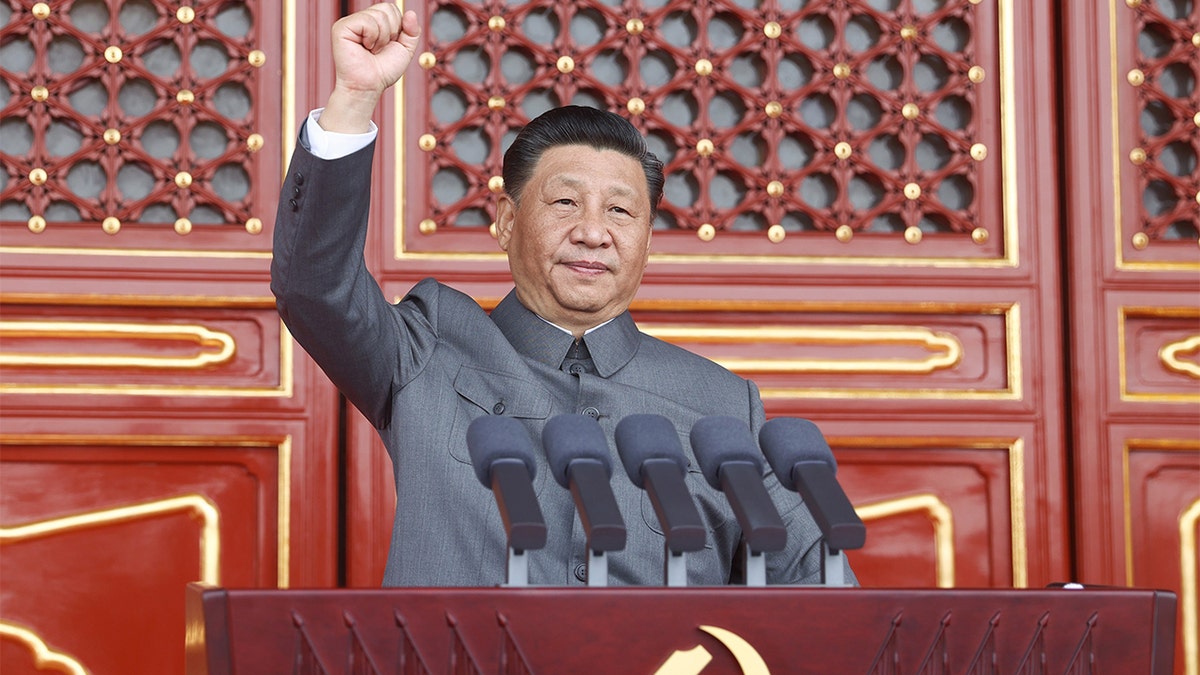Biden's economic plans 'empower China': Rep. Donalds
Rep. Byron Donalds, R-Fla., argues President Biden is selling out the U.S. to the Chinese.
The Financial Times editorial board called Tuesday on China to effectuate economic reforms or risk losing investment from companies abroad.
"Signs that China’s economy, the world’s second largest, may flirt with recession in the second quarter this year are worrying for global growth. But they provide Beijing with an opportunity," the editorial board wrote.
"It could use these sobering indications to reconsider not only aspects of its "Zero Covid" policy but also its treatment of foreign direct investors; what is good for them is good for China’s own economy," the piece continues.
The article, titled "An opportunity for China to improve ties with foreign investors," argues that the Chinese government mistreats foreign companies and investors, and notes that some in the finance industry forecast declining investment in China due to a deterioration of the U.S.-China relationship.

In this Friday, Nov. 25, 2016 photo, a bank clerk arranges renminbi banknotes in Huaibei in central China's Anhui province. China's policy ministry says more than 800 people have been arrested in a crackdown on unlicensed banking operations as authorities try to stem outflows of money from the country. (AP Photo) (AP photo)
CHINA’S INTEREST IN US AGRICULTURE POSES SECURITY THREAT, FEDERAL REPORT WARNS
Noting the benefits China has reaped from Western investment, the editorial board wrote, "Foreign investors have poured hundreds of billions of dollars into China’s economy since the mid-1980s, helping to foster a transformational economic boom that has lifted 850mm people out of poverty."
"Foreign companies have also transferred technology to Chinese counterparts, trained staff in crucial roles and assisted in overseas markets to Chinese-made goods," the board continued.
The board notes that despite this period of integration, "now surveys are showing rising disillusionment among foreign investors, many of whom plan to shift investment out of China."
It noted that while some recent decline in public sentiment is due to China’s Zero Covid policy, the change in investors’ feelings is really due to longstanding issues in China’s domestic environment and China’s increasing disputes with the West.

Xi Jinping, general secretary of the Communist Party of China CPC Central Committee, Chinese president and chairman of the Central Military Commission, delivers an important speech at a ceremony marking the 100th anniversary of the founding of the CPC in Beijing, capital of China, July 1, 2021. (Photo by Ju Peng/Xinhua via Getty Images) (Ju Peng/Xinhua via Getty Images)
"Such sentiments do not derive solely from China’s muscular zero-Covid policies, though canceled flights, visa complications and lengthy quarantines have contributed to the frustrations of foreign executives. The deeper roots of disaffection lie in a sense that doing business in China has become harder as Beijing’s rivalry with the west intensifies," the board wrote.
The board highlighted industry leaders’ recent comments regarding the challenges of doing business in China, with U.S. counterintelligence officials warning of threats from it and Russia to emerging technology. "Michael Hart, president of the American Chamber of Commerce in China, has warned of a potentially ‘massive decline’ in investment ‘two, three, four years from now’. Joerg Wuttke, president of the EU Chamber of Commerce in Beijing, has said unpredictability is prompting Europe’s business community to put investments in China ‘on hold,'" it wrote.

A man wearing a face mask walks past a mural along a street in Beijing, Wednesday, May 25, 2022. ((AP Photo/Mark Schiefelbein))
JOURNALIST DETAINED IN CHINA DENIED CALLS, PARTNER SAYS
The article concluded that China should "take steps to demonstrate that foreign investors remain a valued part of the economy," claiming that "official statements to this end would set a positive tone."
"But a real focus on reducing red tape and ensuring equal treatment with local competitors would alleviate some of the gloom descending upon China’s foreign business community."
But some argue assuring statements are not enough given the Chinese government’s record of breaking promises and agreements.
In "War Without Rules: China’s Playbook for Global Domination," General Robert Spalding argued that the Chinese Communist Party’s "willingness to publicly accept rules while privately flaunting them is at the heart of the CCP’s effectiveness."
Spalding, who served as chief China strategist for the chairman of the Joint Chiefs and Senior Director for Strategic Planning at the National Security Council, noted that even former President Obama wrote about how China had been "evading, bending, or breaking just about every agreed upon rule of international commerce during its ‘peaceful rise.’"
CLICK HERE TO GET THE FOX NEWS APP
China stiffed the U.S. on an agreement with the Trump administration, in which it promised to purchase an additional $227.9 billion and $274.5 billion U.S. exports in 2020 and 2021, respectively.










































